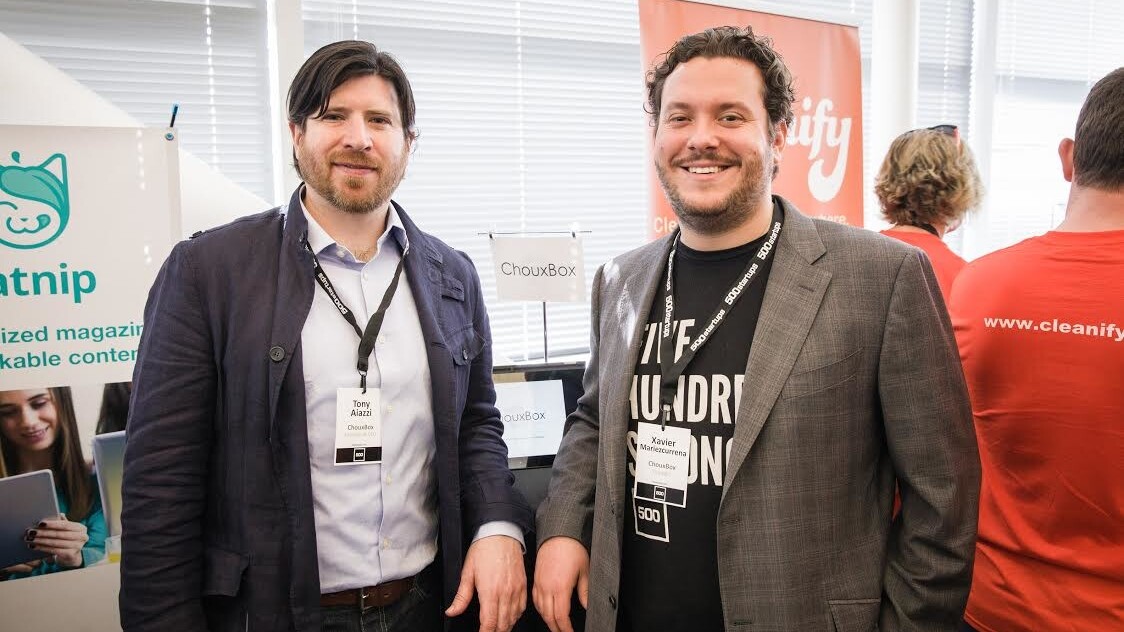
It’s time we officially say goodbye to this notion that Millennials have a bad rep in the workplace. In fact, not only have they quickly become one of the largest generations in the labor force, but they’re also creating and running some of the most successful companies out in today’s market. Whether older generations like it or not, Millennials are contributing to a revolution in the workplace, and it’s one that’s going to stick around for quite a long time.
Even though Millennials are taking over the workplace, the management styles that they’re, both, demanding and implementing are changing rapidly, as well. The world of taking a “top-down, work your way up” approach is quickly dissolving, with open, collaborative environments taking their place. In a lot of ways, these folks want the same things as older generations, they’ve just gotten better at demanding it. Yes, the management of Millennials is quickly transforming the workplace, here’s how.
They Collaborate, Not Dictate
Perhaps one of the biggest driving forces of being a successful manager of Millennials is treating them as equals rather than just employees. Quite simply, they want to be on a team that has shared values than feel like they’re just working for a company. An excellent example of this is the Web-Based Invoice management system Chouxbox, whose Co-Founder Xavier Mariezcurrena had this to say about working with millennials in both the service and tech industries:
“I have had exposure to several Millennials in my work, from tech to restaurants and what many of the “old folks” remark to be negative qualities, I think are huge pluses and really, the culmination of our society’s huge shift to personal technology. In my honest opinion, it all comes down to three basic fundamentals: respect, transparency, and personal interaction.”
Which, Xavier makes a great point. The basic fundamentals that millennials are after don’t stray too far from what other generations have wanted, they’re just misunderstood.
Their Needs Are Just Like Anyone Else’s
According to the Harvard Business Review, Millennials in the workplace have the exact same desires as other generations, including making a positive impact on their organization, helping solve an environmental/social problem, and even working with a diverse group. So, why do we act as if their motivations are impossible to manage?
When you break it down, it’s not that Millennials are more demanding but rather just are more vocal about their demands. This includes being more likely to say that they want to work remotely, as well as the reasons why. Believe it or not, this isn’t entirely unreasonable as they’re not only suggesting how to be more productive but developing a culture in which they’d want to be a part of long term. And as we already know, that’s one of the toughest things to get millennials to commit to.
They Don’t View Their Careers as a “Work Your Way to The Top” Model
As X’s fellow co-founder Tony Aiazzi notes, the leadership attitudes of how Millennials work are changing rapidly as well:
“Obviously with so many new faces in the workforce are Millennials and require a much different leadership attitude than when we were coming up in some real rough and tumble kitchen conditions. Getting ‘laced’ was de rigueur, and the attitude was that if it wasn’t happening to you, then you weren’t working in a challenging enough environment.
We seemed to emerge right during the cusp of the old guard whose attitude was ‘I had to do it, so now you have to too’ and ‘I had to do it, I have no idea why, so let’s change things.’ Call it the intersection of “because & why.” This has matured into the being what the psyche of the millennial is today, there is no more ‘just because’ and the why is a has become a constant evolution of free-form work/life balance.”
And he’s right. That intersection between “because and why” is one of the biggest driving forces to how millennials are approaching their work life. No longer do they look at things as “something I have to do” but rather question the value of what they’re contributing.
Because in the end, if there’s one thing millennials want the most, it’s to have a workplace they not only feel valued in but are contributing value towards. Accomplishing this will not only drive your business to success but create a culture and community that’s aiming to do the same for a long, long time.
Get the TNW newsletter
Get the most important tech news in your inbox each week.




